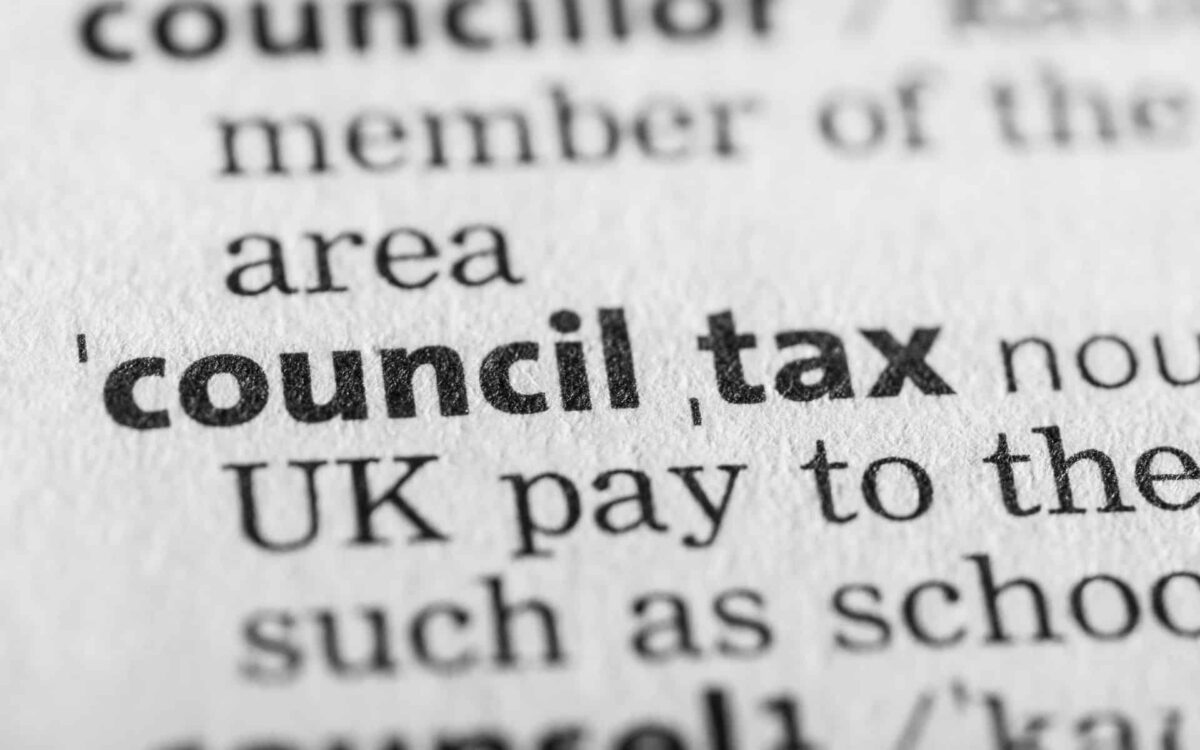The Scottish Government has announced a significant investment of £400,000 to Citizens Advice Scotland (CAS), aimed at enhancing access to assistance for individuals grappling with Council Tax debt.
This funding builds upon successful pilot initiatives from the 2023/24 period and will facilitate targeted advice in six new regions: West Lothian, East Lothian, Dumfries and Galloway, Highlands, Argyll and Bute, and East Renfrewshire.
Rising Council Tax Arrears and Benefit Dependence
Recent findings from StepChange underscore the mounting financial strain that Council Tax obligations impose on households, revealing an 11% annual increase in average arrears across Scotland. The average debt for those seeking assistance from the charity has risen to £2,075, a notable increase from £1,871 in the previous year.
Furthermore, the data indicate a growing proportion of individuals reliant on benefits, with 40% of Scottish clients now receiving Universal Credit, up from 34% between April and July 2023.
According to the charity, lower-income households are particularly vulnerable to the pressures of rising living costs, which consume a larger share of their income and hinder their ability to repay debts.
Minister Announces Expansion of Advisory Services
Housing Minister Paul McLennan made the funding announcement during a visit to the West Lothian Citizens Advice Bureau in Livingston. The funds will be utilized to extend advisory services, increasing both the number of advisor hours and appointment availability, while also reaching out to the most vulnerable populations.
Mr. McLennan remarked, “We understand the anxiety that public sector debt can induce in low-income households. Advisory services play a crucial role in supporting those facing financial difficulties. Strong partnerships with local authorities are essential, and the Scottish Government is committed to fostering best practices throughout local governance.”
He continued, “The Scottish Government has taken legislative measures to ensure that financially vulnerable individuals are safeguarded and that debt collection practices are handled with sensitivity. We urge public bodies to prioritize empathy and dignity for those burdened by debt.”
The Impact of Council Tax Debt
Karen Nailen, CEO of CAB West Lothian, emphasized the significance of this funding, stating, “Council Tax debt represents the foremost debt issue we encounter annually. It exerts tremendous pressure on individuals and often signifies broader financial distress.”
Nailen highlighted the potential for this pilot funding to allow for a deeper exploration of the underlying issues, enabling collaborative efforts with West Lothian Council to identify preventative measures and improve advisory outcomes for families.
Areas of Support: Expanding Citizens Advice Network
Support for Council Tax debt through the Citizen’s Advice network will be available in the following areas:
- Clackmannanshire
- Renfrewshire
- Scottish Borders
- Dumfries and Galloway (DAGCAS)
- West Lothian CAB
- A consortium of East Lothian CABx
- A consortium of Highland CABx
- Argyll and Bute CAB
- East Renfrewshire CAB
Understanding Council Tax Exemptions and Discounts
Council Tax Exemptions
Individuals may be exempt from paying Council Tax under certain conditions, including:
- Full-time students
- Members of the Armed Forces residing in Forces accommodation
- Residents of care homes or hospitals
- Unoccupied homes (for up to six months) due to circumstances such as hospitalization
- Individuals with severe mental impairments, where specific conditions apply
For more information on eligibility and application processes for exemptions, individuals are encouraged to contact their local authority.
Potential Discounts
There are also provisions for reductions in Council Tax based on specific criteria:
- Living Alone: Individuals residing alone can apply for a 25% discount.
- Residents Under 18 or Students: Residents under 18 and full-time students are not included in Council Tax calculations.
- Carers: Carers looking after someone for at least 35 hours per week may be disregarded for Council Tax purposes, subject to eligibility criteria.
Additionally, if there are significant changes to a property’s value, such as adaptations for a disabled person, homeowners may qualify for a lower tax band.
Payment Options and Council Tax Reduction
Residents can request to spread their Council Tax payments over 12 months instead of the standard 10, alleviating monthly financial pressure. Furthermore, individuals on low incomes or receiving certain benefits may qualify for a Council Tax Reduction, which varies depending on factors such as income, age, and household composition.
Each local council administers its own Council Tax support scheme, meaning assistance can differ across regions. Those receiving disability or carer’s benefits may receive enhanced support, and individuals on the Guarantee Credit Part of the Pension Credit could qualify for full Council Tax coverage.
For those not receiving this benefit but with limited income and savings under £16,000, some level of assistance may still be available.









